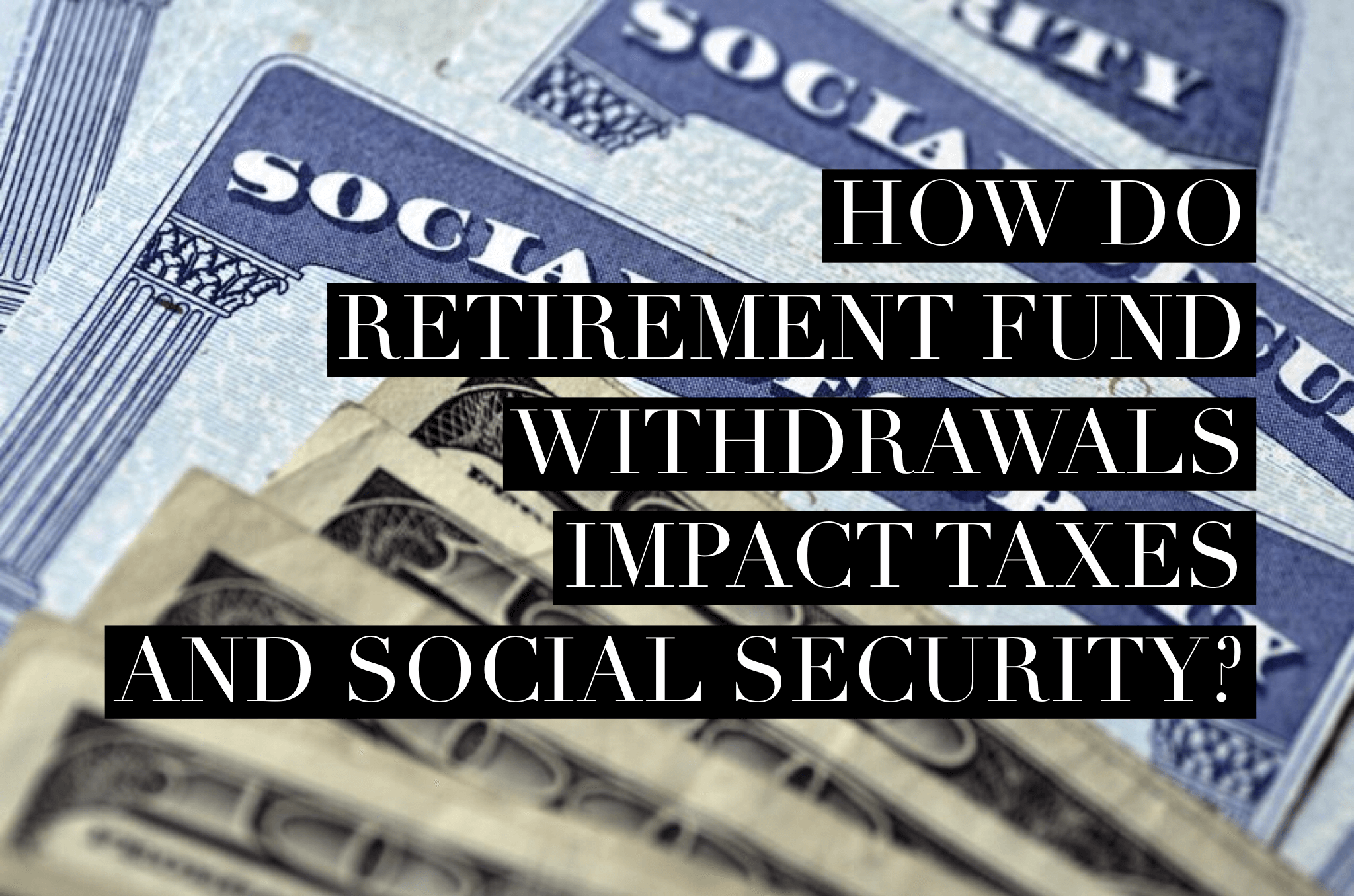As you’re probably well aware, during your golden years, you’ll draw money from your retirement fund, as well as Social Security.
But the specific rules behind how much one can—or is required—to draw from each account on an annual basis can sometimes be tricky. In particular, there’s been some recent concern that a large withdrawal from one’s IRA account for expenses such as home renovations or vacations could count toward Social Security’s Earned Income Limitation. But luckily, this isn’t the case. The limitation only applies to income from labor such as wages, salary, or self-employment income.
For example, if you’re younger than full retirement age and have quit working full time this year or plan to do so, you can begin collecting Social Security and also earn up to $15,720 without it affecting your Social Security benefit. After that, for every $2 over the limit, $1 is withheld from your Social Security benefits.
When you reach the year of full retirement age, the earnings limit increases to $40,080, after which $1 is deducted from your payment for every $3 you earn above the limit. The earnings limit no longer applies once you reach the month you turn your full retirement age. Also, if your benefits were reduced in the short term due to exceeding the earnings limit, Social Security will adjust your checks upward at your full retirement age to fill in the gaps for months you didn’t receive a check.
Note: While withdrawals from your IRA account won’t cause problems with Earned Income Limitation, they are taxable (unless coming from a Roth IRA account), and can result in a higher tax bill than you might expect.
For example, if you receive $1,440 in taxable pension income each month and your spouse receives $1,000, the IRS will add half your Social Security to that to calculate a “combined income” of $2,140/month, or $25,680. That is below the first threshold of $32,000 for joint filers. So, if you don’t take an additional IRA distribution that year, none of your Social Security is taxable.
However, if you take a $25,000 IRA distribution for the aforementioned home renovations, extended vacation or other expense, it would add more than $25,000 of taxable income. The reason is because the additional income from the IRA increases your combined income to $50,680, and therefore some Social Security becomes taxable as well. Once your combined income exceeds $32,000, up to half your Social Security can be taxable, and when the combined income exceeds $44,000 up to 85% is taxable.
The bottom line:
If you’re concerned how certain withdrawals from your retirement accounts will affect your taxes or your Social Security payments, don’t hesitate to contact a financial professional who can offer advice based on your particular situation.







